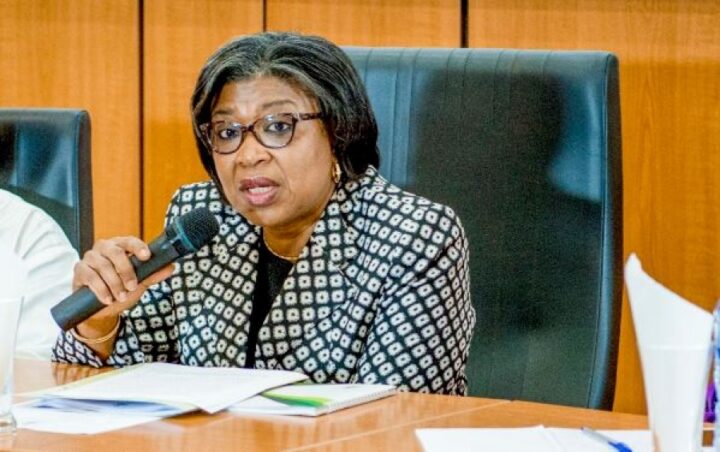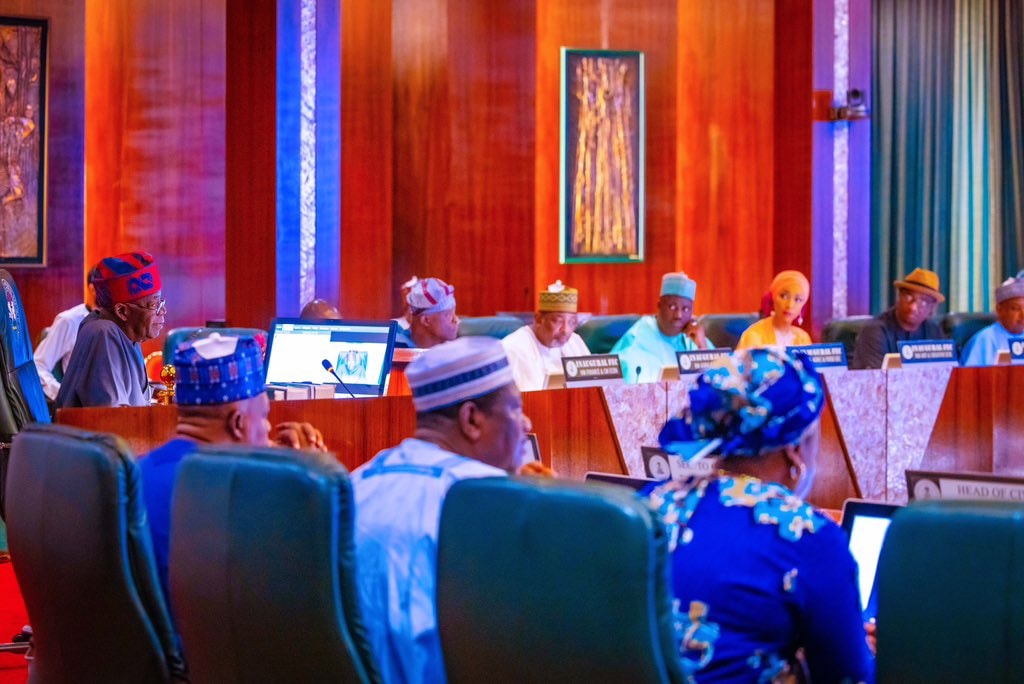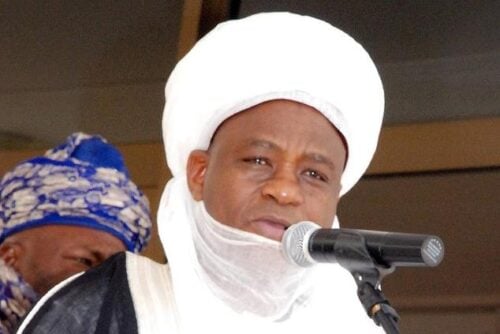Patience Oniha, director-general (DG) of Debt Management Office (DMO).
The Debt Management Office (DMO) says the rise in Nigeria’s public debt stock is partly due to new borrowing, as well as Ways and Means securitisation.
Patience Oniha, director-general (DG) of DMO, spoke in an interview with NAN on Tuesday in Abuja.
On June 20, the DMO announced that Nigeria’s total public debt stood at N121.67 trillion at the end of the first quarter of 2024.
The public debt increased by N24.33 trillion or 24.99 percent from N97.34 trillion reported as of December 2023.
Advertisement
Speaking on the country’s total debt profile, Oniha said the increase in the debt stock was partly due to the securitisation of N4.90 trillion as part of the securitisation of the N7.3 trillion Ways and Means advances approved by the national assembly.
Other contributors, according to Oniha, are the interest rate, as well as new borrowing of N2.81 trillion as part of the N6.06 trillion provided in the 2024 budget.
“The total public debt as at March 31, showed that the total public debt in naira terms stood at N121.67 trillion compared to N97.34 trillion as at December 31, 2023,” she said.
Advertisement
“While detailed information was provided on the data such as the split between external and domestic debt as well as the fact that the debt stock includes the domestic and external debt stock of the 36 states and the FCT, it has become imperative to provide some explanations.
“It is important to recognise the fact that Nigeria has undergone some major reforms which have impacted economic indices such as the dollar/naira exchange rate and interest rates.
“These two, in particular, affect the debt stock and debt service.”
According to Oniha, the total external debt stock was relatively flat at $42.50 billion and $42.12 billion in Q4 2023, and Q1 2024, respectively.
Advertisement
“The naira values were significantly different at N38.22 trillion and N56.02 trillion respectively, representing a difference of N17.8 trillion,” she said.
“This explains the perceived sharp increase of N24.33 trillion in the total debt stock in the first quarter of 2024.
“The difference in the exchange rate for the two periods also explains why in dollar terms, the total debt stock actually declined in the first quarter of 2024 to $91.46 billion.”
The DG said the debt report was somewhat an improvement from the past, before President Bola Tinubu’s government.
Advertisement
More so, she said if foreign exchange impact is removed, “the debt is moderate and within normal limit”.
Oniha urged the federal government to prioritise fiscal retrenchment while assuring that the various measures to attract foreign exchange inflows would increase external reserves and support the naira exchange rate.
Advertisement
Add a comment







